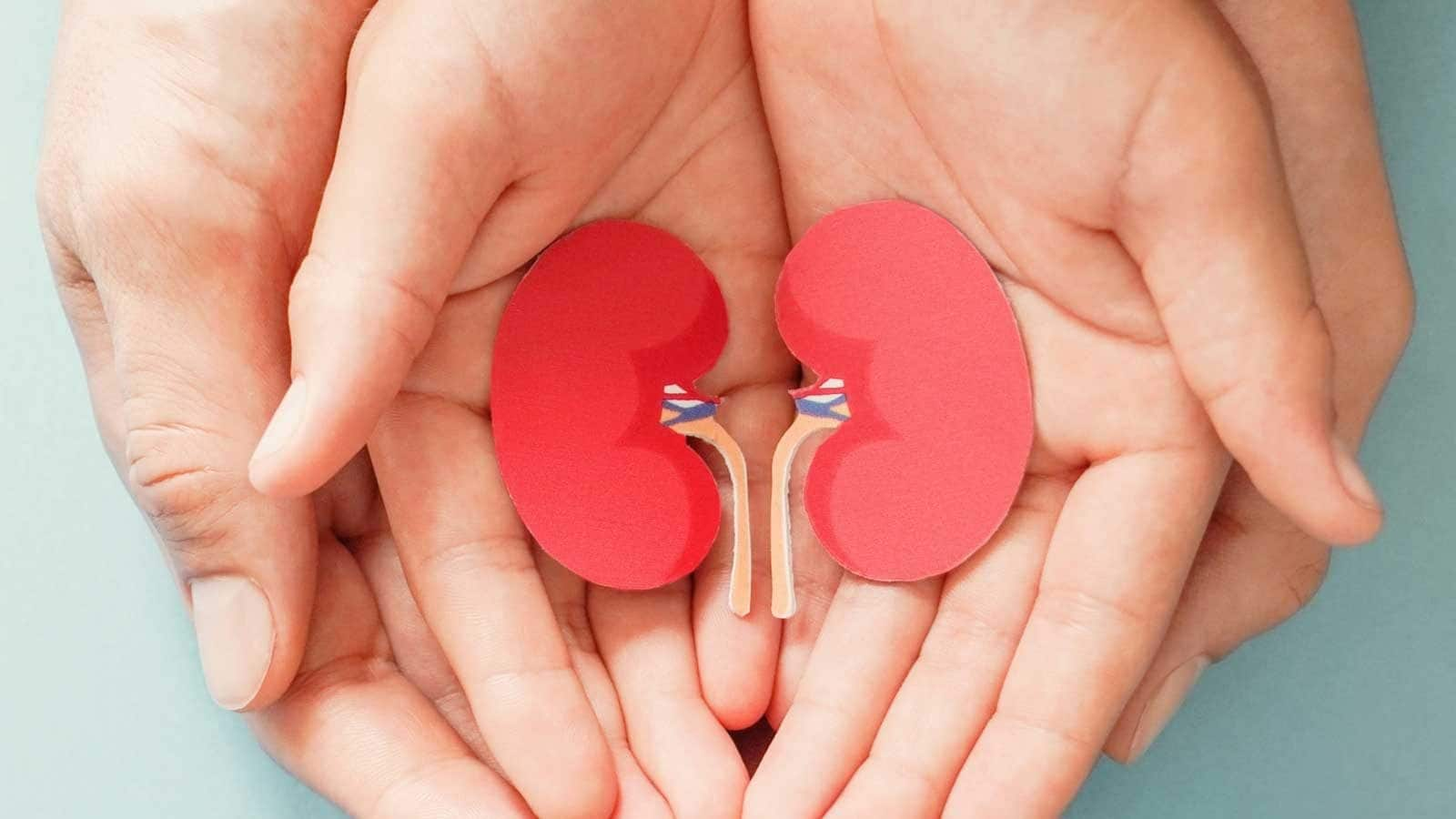World Kidney Day 2023: All You Need To Know About Kidney Deterioration

Regular check-ups with a healthcare provider can help identify early signs of kidney damage through blood and urine tests that measure kidney function and detect abnormal levels of waste products
Remedies for kidney deterioration may depend on the underlying cause and the severity of the damage
Kidney deterioration refers to a progressive decline in the functioning of the kidneys, which can occur due to a variety of factors such as high blood pressure, diabetes, infections, and certain medications. This can lead to a build-up of toxins in the body and ultimately result in kidney failure if left untreated. Every year, the world observes World Kidney Day on March 9 to raise awareness about this ailment and make people aware of the condition.
“Early detection of kidney deterioration is crucial for effective treatment and management. Regular check-ups with a healthcare provider can help identify early signs of kidney damage through blood and urine tests that measure kidney function and detect abnormal levels of waste products,” says Dr Amolkumar Patil, Urology and Kidney Transplant , Apollo Hospitals Navi Mumbai.
Symptoms
Dr Patil explains the symptoms of kidney deterioration that may include:
- Swelling in the legs, ankles, feet, or face
- Fatigue and weakness
- Loss of appetite
- Nausea and vomiting
- Changes in urine output or appearance
- Difficulty sleeping
- High blood pressure
- Itching or numbness
- Shortness of breath
However, some people may not experience any symptoms until the damage has progressed significantly, which is why regular monitoring is important.
Also Read: Holi 2023: 7 Cocktails To Match The Festival Of Colours
Remedies for kidney deterioration may depend on the underlying cause and the severity of the damage. “Treatment options may include lifestyle changes such as maintaining a healthy diet and exercise routine, managing blood sugar and blood pressure levels, avoiding certain medications, and quitting smoking. In some cases, medications or medical procedures may be necessary to slow or stop the progression of kidney damage,” opines Dr Patil. Individuals with progressive chronic kidney disease or damage may benefit from a kidney transplant in the long run. It is the most economically viable option to lead a normal and healthy lifestyle.
Some common myths about kidney deterioration include:
- Myth: Drinking more water can cure kidney damage.
Truth: While staying hydrated is important for kidney function, it cannot reverse or cure existing damage. - Myth: Only people with a family history of kidney disease are at risk.
Truth: Anyone can develop kidney damage, especially if they have underlying health conditions such as diabetes or high blood pressure. - Myth: Dialysis is the only treatment option for kidney failure.
Truth: While dialysis is one option for managing kidney failure, there are other options such as kidney transplant and conservative management that may be appropriate depending on the individual’s circumstances.
Read all the Latest Lifestyle News here
For all the latest lifestyle News Click Here

